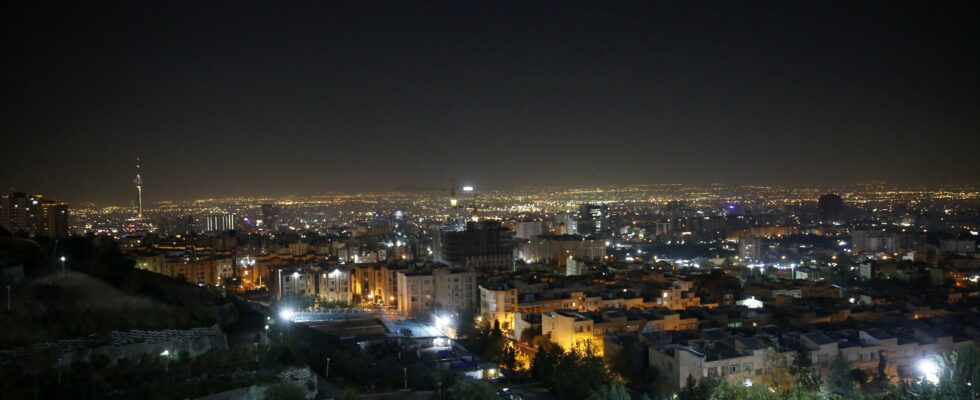Benjamin Netanyahu promised, on October 1, to “pay the price” to Iran for its attack on Israel. The response from the Jewish state took place early this Saturday, October 26: Israel announced that it had carried out “precise and targeted” strikes. against the Tehran regime.
The military planes “struck missile manufacturing sites (…) that Iran has been firing at the State of Israel for a year. These missiles were a direct and immediate threat to the citizens of Israel,” he said. the army said in a statement. The strikes also targeted “surface-to-air missile batteries and other aerial systems which were intended to restrict Israel’s freedom to operate in Iran”, she explained, specifying that these raids had ended. “Our message is clear: all those who threaten the State of Israel and attempt to plunge the region into a broader escalation will pay a high price,” said Rear Admiral Daniel Hagari, an army spokesman.
The first detonations rang out around 2:15 a.m. local time, mainly west of Tehran, according to the official Irna news agency. Israel “attacked military centers in the provinces of Tehran and those of Khuzestan (southwest) and Ilam (west)”, bordering Iraq, “as part of an operation generating tensions”, they said. the Iranian air defense forces said in a statement. They specified that the attack had caused “limited damage in certain places”.
“Self-defense maneuvers”
Iranian state television reported during the night “six loud detonations” around the Iranian capital, “linked to the activation of the air defense system”. Continuous detonations accompanied by streaks of light were heard and seen from the center of the Iranian capital by AFP journalists. Tehran announced the suspension until further notice of all flights in its airspace. “No fire or explosion” was reported at Tehran’s main refinery, local news agency Tasnim said.
In Washington, the White House described these strikes as “self-defense maneuvers” and called on Tehran to “cease its attacks against Israel so that this cycle of fighting can end without further escalation.” The Iranian missile launches of October 1, some 200 missiles launched against Israel, were presented by Tehran as retaliation for Israeli strikes in Lebanon, which cost the lives of an Iranian general and the leader of Hezbollah, Hassan Nasrallah, at the end of September. . The latter, who had led the Lebanese movement for more than 30 years, maintained close ties with Iran.
Iranian officials also justified this operation as a response to the assassination on their territory, attributed to Israel, of Ismaïl Haniyeh, then leader of Hamas. In recent weeks, Iran has played on both tension and relaxation, faced with threats of Israeli retaliation for its missile launches. “We will hit you again painfully” in the event of an attack, warned General Hossein Salami, the leader of the Revolutionary Guards, the powerful ideological army responsible for defending the regime of the Islamic Republic.
